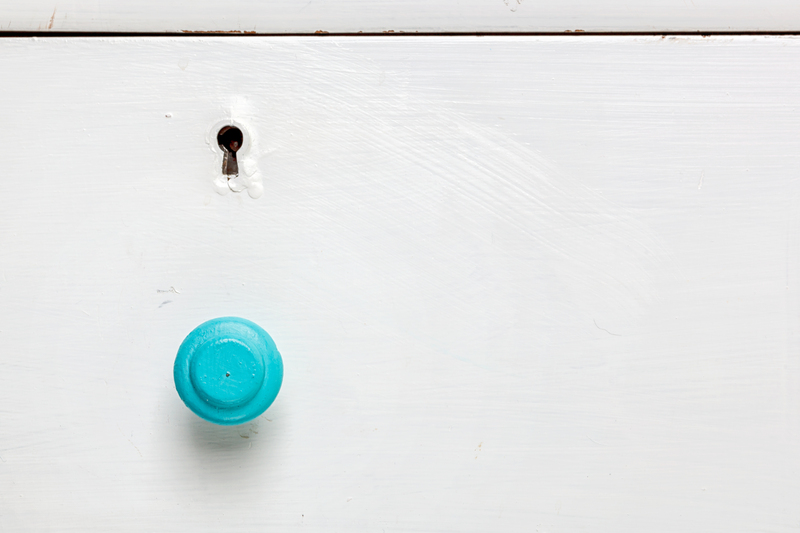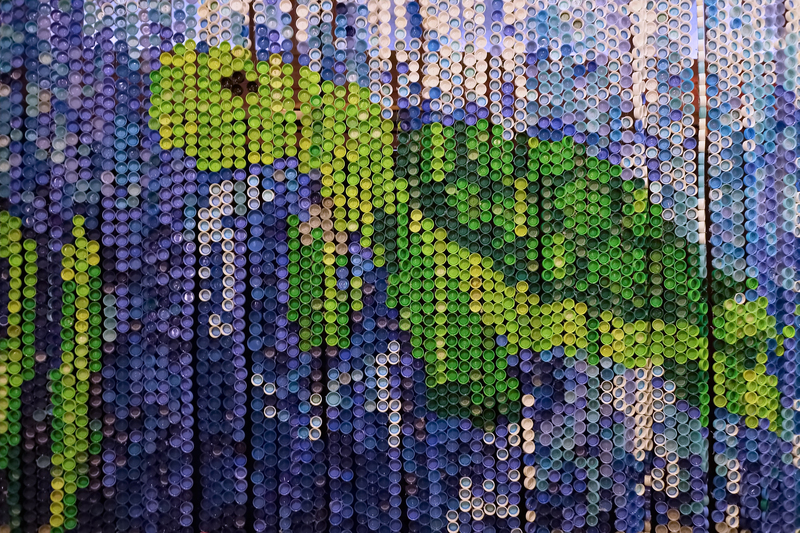Plastics Best Left Out
Posted on 17/02/2025
Plastic has revolutionized the modern world with its versatility, durability, and low cost. However, despite its benefits, the overuse and improper disposal of plastics have led to serious environmental and health concerns. In this article, we will explore the types of plastics best left out of our daily lives, the adverse effects of plastic pollution, and the alternatives we can embrace for a healthier planet.
The Problem with Single-Use Plastics
Single-use plastics, such as plastic bags, straws, utensils, and bottles, are designed to be used once and then discarded. These items are particularly harmful because they are not biodegradable and often end up in landfills or oceans where they persist for hundreds of years. Marine life frequently mistakes these plastics for food, leading to ingestion and possible death.

Microplastics: A Silent Menace
Microplastics are tiny plastic particles less than 5 millimeters in size that result from the breakdown of larger plastic items. These particles are pervasive in our environment, found in water sources, soil, and even the air we breathe. Microplastics have been detected in the food chain, posing potential health risks to humans and animals alike through ingestion and accumulation in tissues.
Harm of Chemical Additives in Plastics
Many plastics contain harmful chemical additives such as phthalates and bisphenol A (BPA). These chemicals can leach into food and beverages from plastic containers, leading to endocrine disruption and other health problems. Long-term exposure to these chemicals has been linked to various health issues, including cancer, hormone imbalances, and reproductive disorders.
Alternatives to Harmful Plastics
There are several eco-friendly alternatives to harmful plastics that can help reduce our environmental footprint:
- Reusable Bags: Replace single-use plastic bags with reusable cloth or jute bags for shopping.
- Stainless Steel or Glass Bottles: Opt for refillable water bottles made of stainless steel or glass instead of plastic bottles.
- Biodegradable Utensils: Use utensils made from bamboo, wood, or other biodegradable materials.
- Recycled Materials: Choose products made from recycled plastics to support the circular economy.
Tips for Reducing Plastic Use
Incorporating the following tips into your lifestyle can significantly reduce your plastic consumption:
- Carry a reusable shopping bag, water bottle, and utensils with you.
- Avoid products with excessive plastic packaging.
- Choose glass, metal, or paper alternatives when possible.
- Recycle plastic items properly and participate in local recycling programs.
- Support businesses and brands that prioritize sustainable practices.
Pros and Cons of Reducing Plastic Use
Pros:
- Reduces environmental pollution and marine life hazards.
- Decreases the amount of waste in landfills.
- Lessens dependence on fossil fuels used in plastic production.
- Promotes healthier living by reducing exposure to harmful chemicals.
- Encourages the growth of sustainable industries.
Cons:
- Initial cost of alternatives may be higher.
- Transitioning requires changes in consumer habits and lifestyle.
- Limited availability of eco-friendly products in some regions.
- Potential challenges in recycling biodegradable plastics.

Key Takeaways
- Single-use plastics and microplastics pose significant environmental and health risks.
- Chemical additives in plastics can lead to serious health issues.
- Eco-friendly alternatives are available and can significantly reduce plastic pollution.
- Making small changes in daily habits can lead to substantial benefits for the planet.
Conclusion
Reducing plastic use is critical for the health of our environment and future generations. While transitioning to a plastic-free lifestyle may present challenges, the benefits far outweigh the drawbacks. By understanding the types of plastics best left out, embracing alternatives, and adopting sustainable practices, we can make a positive impact on the planet. Each small step contributes to a larger movement towards a greener, more sustainable world.





